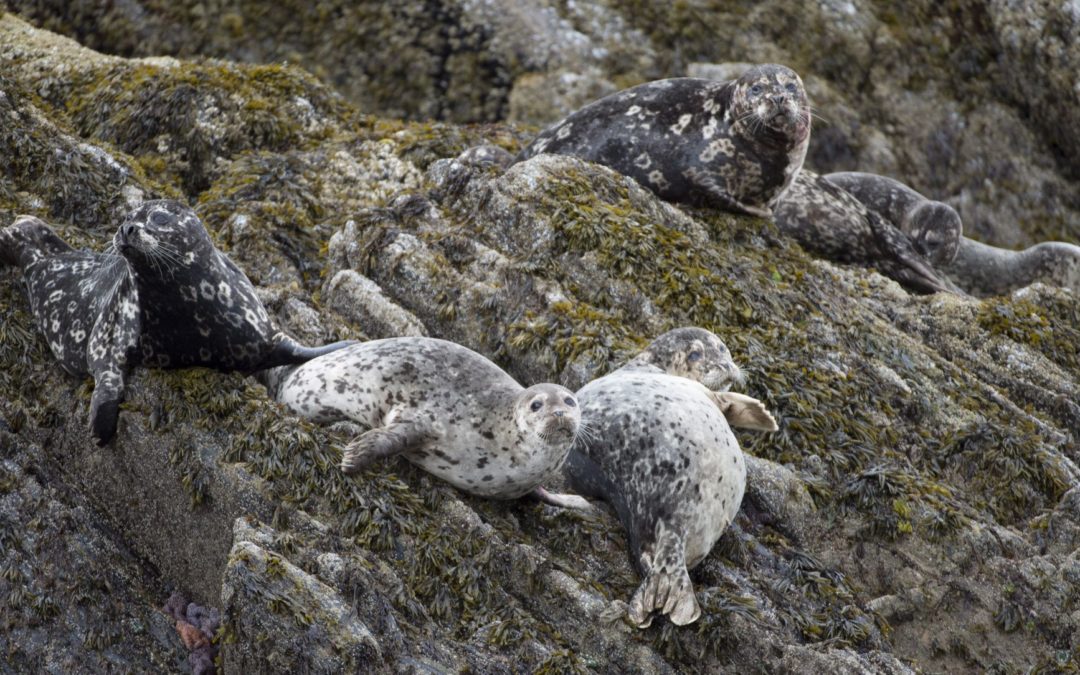SOURCE: The Globe and Mail
DATE: March 7, 2019
SNIP: A B.C. group wants to revive the seal and sea lion hunt on the west coast, provoking a debate about the controversial practice and prompting scientists to warn of consequences for the ecosystem.
Peter Ross of the Vancouver Aquarium says there’s no data to suggest a cull would help salmon species.
“Personally and professionally, I don’t think it would make an ounce of difference,” he said.
Individual animals may form bad habits, he said, giving the example of black bears that eat garbage. So it’s true that some seals and sea lions snag adult salmon from fishermen’s lines.
But he said while salmon only makes up a small part of their diets, 35 per cent of a harbour seal’s diet is Pacific hake, which is a salmon predator.
“The food web is complicated,” he explained. “So take out the harbour seals and you’re taking out a predator of a salmon predator.”
The salmon decline can’t be pinned on pinnipeds, Dr. Ross said, because many factors have led to their decline, including warming ocean temperatures, habitat loss caused by human activity and overharvesting by fishermen.
Andrew Trites, who oversees the marine mammal research unit at the University of British Columbia, said perceptions about rising seal and sea lion populations are skewed.
And he warns that culling seals and sea lions would have consequences down the food chain, particularly for the transient killer whales that eat them.
“What I see the issue being here is, for some people it’s not a question of sharing an ecosystem, it’s an issue of controlling it,” Trites said.
He said the seal and sea lion populations were historically decimated, not balanced, by overharvesting after Europeans arrived in North America.
It’s only in the past 40 years that they have sprung back to healthy levels along British Columbia’s coast following their protection by the Fisheries Act in the 1970s, he said.

